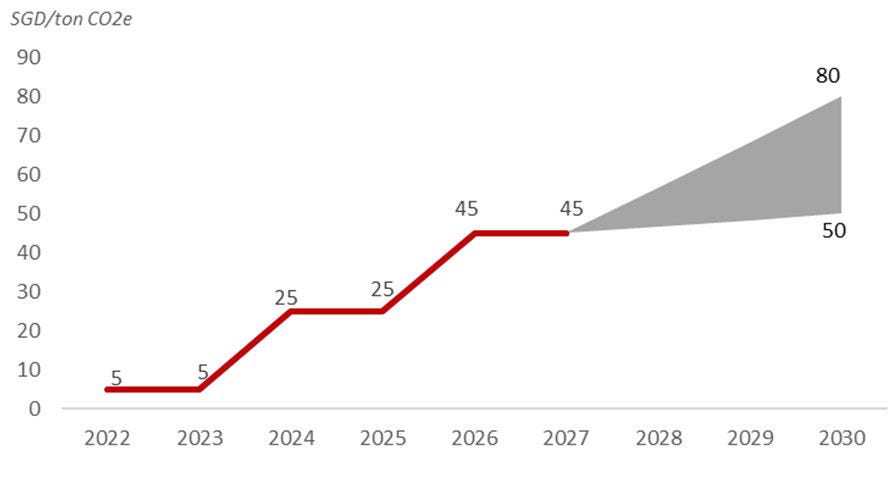Companies are increasingly looking to buy carbon credits to offset their greenhouse gas emissions and potentially reduce their carbon tax liabilities. Large emitters in Singapore are exploring this with new vigour given that the country’s carbon tax will be raised in coming years. In turn, the local carbon credit market is gearing up to meet demand, with new trading platforms being established.
Those trading carbon credits must ensure that they understand the tax consequences of their transactions in terms of both goods and services tax (GST) and direct tax.






